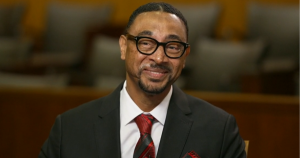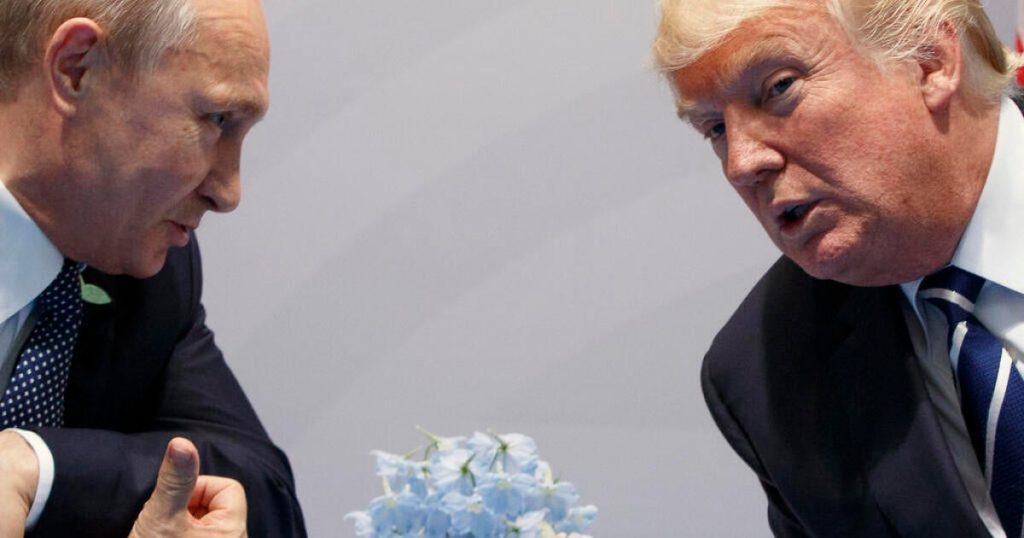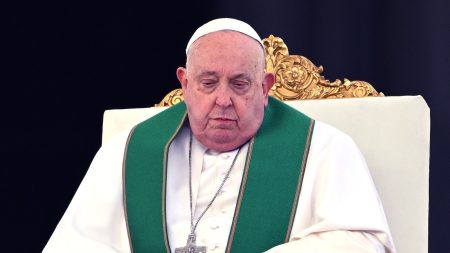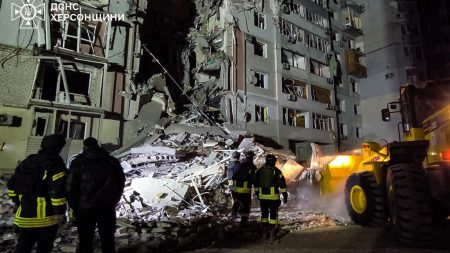Introduction: A Potential Summit Between Trump and Putin
In a significant geopolitical development, preparations are underway for a face-to-face meeting between former President Donald Trump and Russian President Vladimir Putin, as announced by Russia’s Deputy Foreign Minister, Sergei Ryabkov. This potential summit signals a divergence from Western efforts to isolate Russia due to its ongoing conflict with Ukraine. Ryabkov emphasized that the discussions could encompass a broad range of global issues, not limited to the Ukraine conflict, aiming to normalize relations between the two nations. Although the meeting is still in its preparatory stages, it highlights a shift in diplomatic efforts, with US and Russian envoys possibly convening within weeks to pave the way for further talks.
Meetings in Saudi Arabia: A Step Towards Diplomacy
Recent diplomatic engagements in Saudi Arabia have set the stage for potential improvements in US-Russian relations. US and Russian representatives, including Secretary of State Marco Rubio, met to discuss ending the Ukraine war and enhancing diplomatic and economic ties. These talks underscored the willingness of both nations to address bilateral challenges through a newly established consultation mechanism. Additionally, there are plans to re-staff their respective embassies, facilitating smoother diplomatic operations. These developments suggest a renewed commitment to dialogue, despite the complexities surrounding the Ukraine conflict.
Ukraine’s Stance and International Reactions
The ongoing conflict in Ukraine has led to significant concerns among Ukrainian officials, who were absent from the Saudi Arabia meeting. President Volodymyr Zelenskyy has categorically rejected any outcomes from these talks, emphasizing Ukraine’s sovereignty and territorial integrity. European allies have also expressed apprehensions about potential marginalization in these diplomatic processes. In response, Secretary Rubio reaffirmed US support for Ukraine in a call with Ukraine’s Foreign Minister, Andrii Sybiha, underscoring the importance of a durable peace. These interactions highlight the delicate balance of power and the need for inclusive diplomacy.
UN Resolutions: A Divide in International Opinion
As the third anniversary of Russia’s invasion of Ukraine approaches, the United Nations General Assembly is set to vote on competing resolutions. The US has proposed a resolution advocating for a swift end to the conflict and a lasting peace, while the European Union and Ukraine have drafted a stronger statement demanding the withdrawal of Russian forces. This divide reflects broader international perspectives, with the US seeking a diplomatic resolution and European nations pushing for a firmer stance against Russia. The UN remains a crucial platform for these discussions, despite the non-binding nature of its resolutions, offering insight into global sentiments.
Reactions and Implications
The potential summit and ongoing diplomatic efforts have significant implications for global geopolitics. While some view these developments as an opportunity for peace, others express skepticism, given the historical tensions and the complex web of alliances involved. The involvement of multiple stakeholders, including European nations and the UN, underscores the multifaceted nature of the conflict. As the situation evolves, the international community remains vigilant, recognizing both the possibilities and pitfalls of the current diplomatic trajectory.
Conclusion: The Path Ahead
The potential meeting between Trump and Putin, alongside recent diplomatic engagements, marks a pivotal moment in international relations. As the world watches the unfolding developments in Ukraine and the broader geopolitical landscape, the emphasis remains on finding a peaceful resolution while addressing the complex interests of all involved. The road ahead is fraught with challenges, but the commitment to dialogue offers a glimmer of hope for de-escalation and cooperation.















